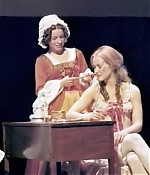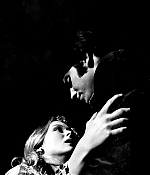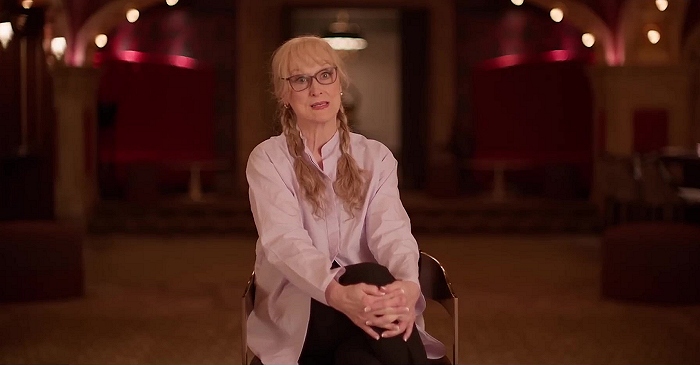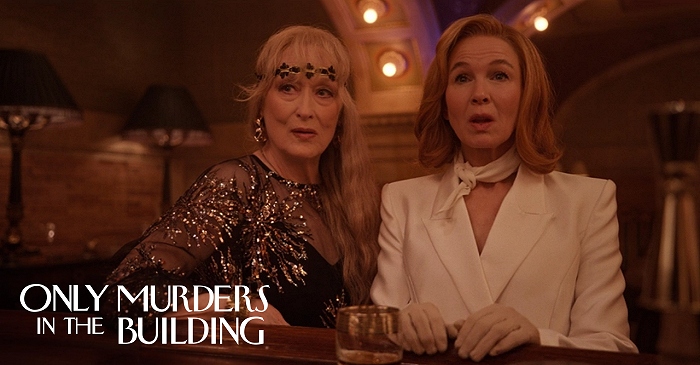|
Simply Streep is your premiere online resource on Meryl Streep's work on film, television and in the theatre - a career that has won her acclaim to be one of the world's greatest living actresses. Created in 1999, Simply Streep has built an extensive collection over the past 25 years to discover Miss Streep's body of work through thousands of photographs, articles and video clips. Enjoy your stay and check back soon.
|
The Miser
February 25, 1970
· The Experimental Theatre of Vassar College
|

Vassar’s Miscellany News wrote about the play in its February 27 issue: The Experimental Theater’s production last weekend ot Moliere’s “The Miser” raised some controversial questions that are still being discussed in French and drama classes. The recent visit of the Comedie Francaise to New York made the difference between Moliere’s and Vassar’s conception of seventeenth century drama very clear. That Molteie wrote “The Miser” as a comedy is obvious. As Mr. Falb pointed out in the program notes, Harpagon is an “exaggerated foolish old man”… a “victim and buffoon,” – but should that exaggeration constitute the totality of the experience.? It seems doubtful, judging from Moliere’s other plays, that he intended all his characters to be caricatures. If he had, there would be little to watch save the humor of the clash of one-dimensional figures, the play would become a virtual cartoon. In this play, Harpagon has a son and daughter who are both in love with inappropriate people. The son, Cleante (Philip L. Strange), wants Marianne (Patricia Goldstone), the same girl that his father wants to marry. The daughter. Elise, (Alden Rockwell) loves a servant (who really isn’t a servant) although she has already been promised to someone else. It seems that there is potential for a more serious involvement with the plot on the part of the audience if both these characters were portrayed as credible.
If Cleante were earnestly “in love” and we could take his distress seriously, then the clash between father and son would be at least interesting and the miser’s ridiculous conduct would be better delineated and perhaps even funnier. As we experienced the situation last weekend, Cleante was almost as silly as the Miser. He interrupted his passionate declarations of love with lusty asides and burst into tears when he didn’t get his own way. The presentation was funny but the question becomes – Why do a play which is merely funny? and Is it a fair representation of Moliere to reduce the play to farce? The reported aim of Mr. Atkinson’s production was “To make Vassar laugh.” lhe playwas to be a change of pace Iron, the somber productions earlier in the year. It employed every conceivable way of getting laughs, the expected stylized speech and exaggerated manner as well as Moliere’s favorite trick of having characters talk past each other, were very effectively done. For example, when Elise and Marianne talked to each other for the first time, they leaned forward, simultaneously chattering trite phrases in bright. sing-song voices. Clever devices such as trick furniture which opened out to reveal hidden money also enriched the humor. On the other hand, there were many gags which lacked a unity of style with the rest of the play. Frosine’s (Meryl Streep) garter-flask and the rest of her overt sexuality seemed quite out of place. Nonetheless, as farce. “The Miser” was very successful and Vassar did laugh.















